Our veterinarians make a preventive examination of the jaguar within the European conservation programme
hace 5 yearsThe results will be sent to other institutions to advance the knowledge of the species.
Terra Natura Benidorm veterinarians have carried out a complete examination within the preventive medicine protocol that they apply to species that are part of conservation programmes. In this case, they have examined the jaguar (Panthera onca), called Greece, to collect data on its state of health and transfer the results to other institutions internationally, through the Species 360 application, to advance the knowledge of the species and its conservation.
The review consisted of a physical examination and a blood test. The eyes, ears, mouth, trunk, and extremities have been evaluated for abnormalities. In addition, the temperature was taken, the chest was auscultated and an abdominal palpation was carried out.
Blood tests have been performed that will serve to check its homeostatic status, that is, the functioning of the internal organs in case there are alterations in the biochemical parameters in the liver or kidney, for example, to establish preventive treatments. Part of the blood sample taken will form part of a sample bank that allows working together with the scientific and veterinary community.
The jaguar is threatened by deforestation of its habitat and poaching, despite being a protected species. If the protection measures are not extreme, in a few years it will have disappeared. Terra Natura participates in the European Reproduction Program (EEP) of the EAZA (European Association of Zoos and Aquariums) for this species that is included in Annex IA of CITES (Convention on International Trade in Endangered Species of Wild Fauna and Flora) , which ensures that the international trade in wild animals and plants does not constitute a threat to their survival.
EEPs are intensive population management programs for an EAZA species. The mission of the managing committee of the EEP is to gather global information on the species, keep a record of reproductive specimens, carry out demographic and genetic analyzes, and prepare a medium-term reproduction plan for the species. Thanks to this work, annual recommendations are made on the animals that must or should not reproduce, and strategic movements between institutions to guarantee the genetic viability of the specimens participating in the program, with a view to reintroduction in regions where the species is extinct or in danger of being.
Grecia arrived at Terra Natura Benidorm in 2014, when he was one year old. At present, it forms a group with two other females and another male. In 2018, she had her first calf that the keepers named Teo. As a characteristic, this specimen has melanism, a genetic character by which, instead of presenting the usual ocellated chromatic pattern (yellow and black), it develops completely black fur.

